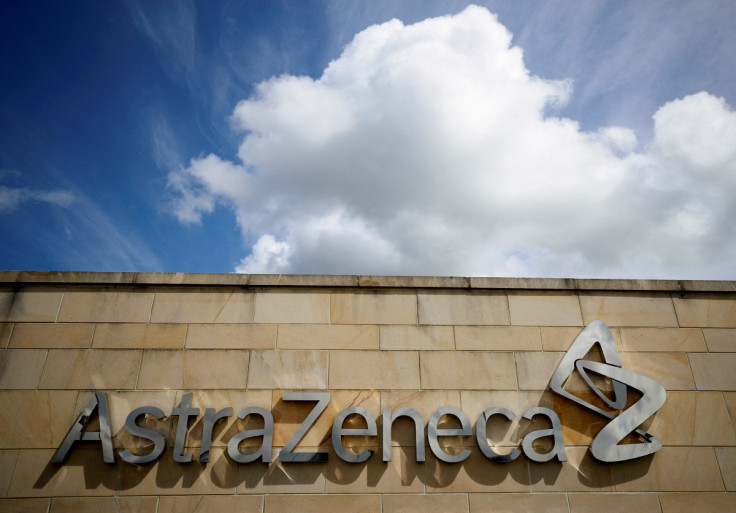AstraZeneca Beats Estimates On Strong Emerging Market Sales As COVID Wanes

AstraZeneca on Thursday beat expectations for first-quarter profit and revenue, as buoyant sales of cancer treatment Imfinzi and strong demand for its roster of drugs in emerging markets helped to offset dwindling COVID product sales.
The company's sales and outlook highlight the rapid decline of its COVID vaccine, its best-selling product in 2021 at the height of the pandemic, which has struggled to compete with rival shots developed by Pfizer and Moderna.
AstraZeneca's current strategy is focused on areas such as cancer, cardiovascular, kidney, rare and respiratory diseases.
The company's cancer drug Imfinzi generated $900 million in the quarter, handsomely beating estimates of $735 million from brokerage Cowen.
Sales of AstraZeneca's rare blood disorder drugs Soliris and Ultomiris - which it acquired via a $39 billion acquisition of Alexion in 2021 - also beat expectations.
Funds will continue to embrace AstraZeneca's strategy and are probably increasingly confident in what the company is doing, Russ Mould, investment director at the stockbroker AJ Bell, told Reuters.
"There seems to be less questioning of the Alexion deal of a couple years ago as rare diseases continues to do well."
AstraZeneca's shares were up 0.6% in afternoon trading.
Sales of its COVID-19 vaccine dropped to $28 million in the first quarter, versus $1.14 billion over the same period last year, as the company lost ground to rival mRNA shots.
CEO Pascal Soriot said AstraZeneca's performance in emerging markets was particularly strong.
Excluding sales of its COVID-19 products, sales rose 22% to $3.1 billion in emerging markets on a constant currency basis.
AstraZeneca is seen as a bellwether for the pharmaceutical sector in China, given its outsized presence in the region. In 2022, the country accounted for about 13% of the company's total revenue.
Sales in China were hurt last year by lower drug prices, while the country's tough zero-COVID policy, which was abandoned in December, has kept some patients from being diagnosed and seeking care.
But sales started to pick up in the second half of 2022, and the company generated 11% sales growth, excluding COVID products, in the region on a constant currency basis in the first quarter of 2023.
Combined sales of AstraZeneca's COVID products came in 30% below consensus estimates, J.P. Morgan analysts wrote in a note.
The Anglo-Swedish drugmaker stood by its 2023 forecast on Thursday.
© Copyright Thomson Reuters {{Year}}. All rights reserved.





















